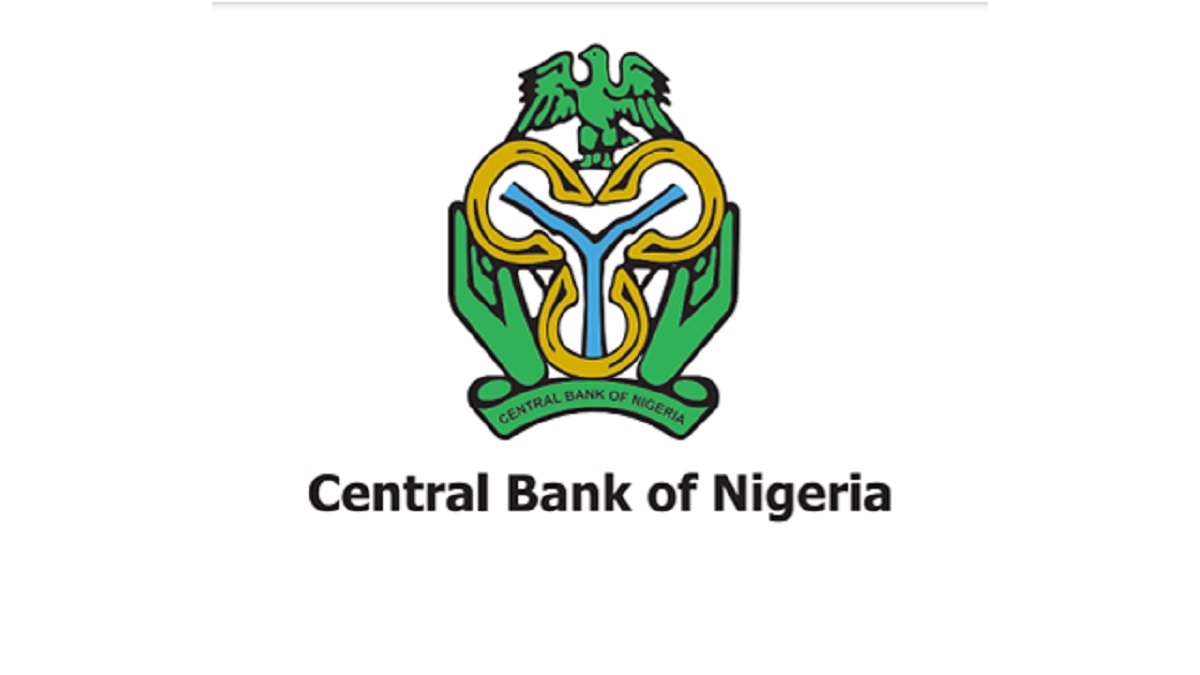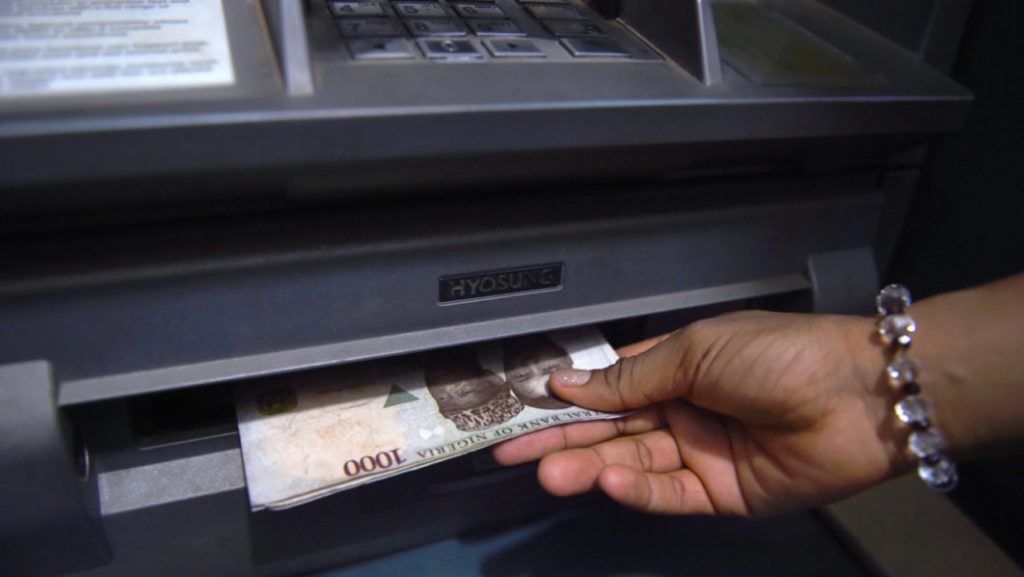The Central Bank of Nigeria (CBN) has instructed Deposit Money Banks and other financial institutions to refund customers for failed Automated Teller Machine (ATM) transactions within 48 hours. The move forms part of wide-ranging reforms aimed at strengthening consumer protection and rebuilding public trust in the banking sector.
The directive was outlined in a draft guideline titled “Exposure of the Draft Guidelines on the Operations of Automated Teller Machines in Nigeria”, released by the apex bank on Saturday. The document, signed by Musa I. Jimoh, Director of the Payments System Policy Department, was distributed to banks, payment service providers, card schemes, and independent ATM deployers, with requests for stakeholder feedback by October 31, 2025.
According to the draft, failed “on-us” transactions—where a customer uses an ATM belonging to their own bank—must be reversed instantly. If technical issues prevent automatic reversal, the bank must manually refund the customer within 24 hours. For “not-on-us” transactions involving other banks’ ATMs, refunds must be completed within 48 hours.
The circular emphasised that customers should not bear the consequences of failed transactions caused by system errors or network faults.
In a major shift, the CBN directed banks and ATM operators to adopt technology capable of automatically reversing failed or partial transactions, eliminating the need for customers to file complaints. Financial institutions holding funds from failed withdrawals must reconcile and refund balances immediately.

The apex bank stated that these measures respond to mounting complaints over delayed refunds and poor service quality. The reforms form part of a broader strategy to enhance consumer confidence, improve payment reliability, and modernise Nigeria’s banking infrastructure in line with international best practices.
The guidelines will also introduce significant changes to ATM operations nationwide. Banks and card issuers must provide at least one ATM for every 5,000 active cards, with compliance targets set at 30% by 2026, 60% by 2027, and full compliance by 2028. Any future deployment, relocation, or removal of ATMs will require prior approval from the CBN.
To improve safety and accessibility, ATMs must be equipped with anti-skimming devices and CCTV cameras, and positioned in enclosed or well-lit locations. Machines must adhere to Payment Card Industry Data Security Standards, maintain audit logs, and display customer service contact details. Additionally, at least 2% of ATMs must include tactile features for visually impaired users.
ATMs are also required to dispense cash before returning cards, permit free PIN changes, issue receipts for all transactions except balance checks, display clear fee information, dispense only clean notes, and maintain backup power to limit downtime.
Any ATM that remains out of service for more than 72 consecutive hours must have its status and expected restoration time publicly communicated.
The CBN plans to enforce compliance through routine audits, inspections, and monthly operational reports from ATM operators. Institutions that fail to comply will face sanctions, though specific penalties were not disclosed.
The central bank explained that the overhaul became necessary due to increasing complaints about failed transactions, cyber fraud, and deteriorating service quality. “Our goal is to create a payment system that functions seamlessly for all users, both in urban and rural areas,” it said.
Nigeria’s electronic payments ecosystem has expanded rapidly, with over 200 million cardholders relying on digital transactions. However, frequent network disruptions, poor infrastructure, and delayed reversals have eroded public confidence.
Coming just eight months after a review of ATM fees, the new guidelines are expected to streamline operations, boost transaction security, and make banks more accountable. Stakeholders have been invited to submit feedback before the final policy is adopted later this year.


 Trending
Trending 











